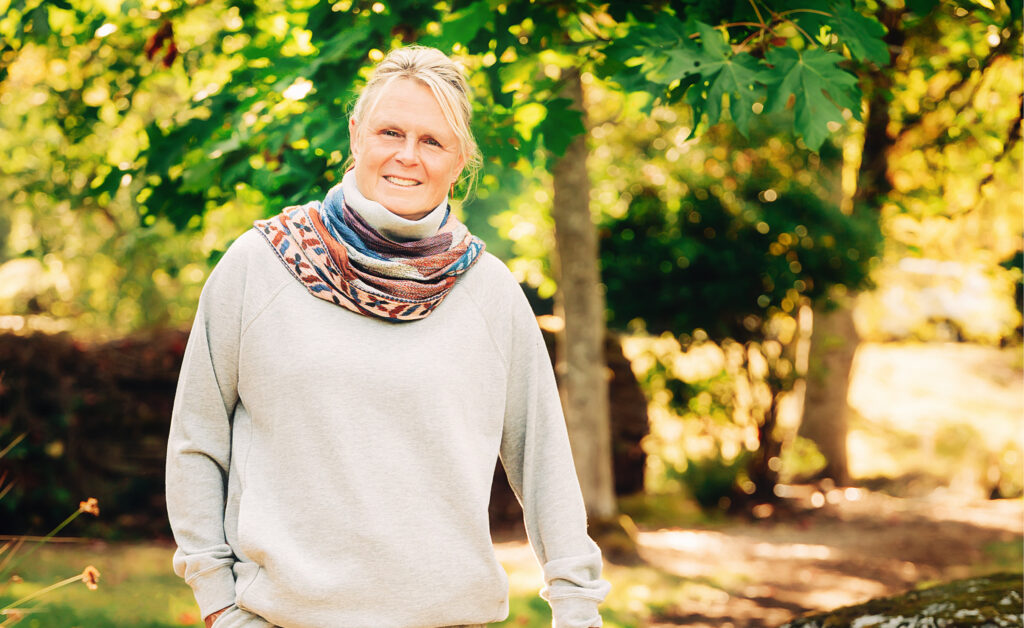by Viola Van de Ruyt, VandeRuyt Wealth Management Group –
Now that I have your attention, I’ll rephrase: how to be remembered forever. Family is of course important for most people, but many aren’t aware that they can accomplish more. When wealthy individuals are surveyed about their gift giving, they almost all are interested in making charitable gifts, in fact their top two reasons are to have an impact on their community and the world and second is to give back. Their third is naturally a passion they have for specific causes. Unfortunately, they hesitate due to two main concerns. Firstly, they worry about donations being used wisely, and secondly that they will receive additional requests. What can you do?
Start by asking yourself:
• What values are important to me?
• What would I like to be remembered for?
• What charitable organizations align with these?
One way to address the two concerns is to explore charitable foundations. These can be community based, supporting many causes, or for specific causes, but they can also be personal foundations. These were the domain of the very wealthy but are now also available in several forms to the average donor. With most foundations, the capital is invested and only the income is used each year. This goes a long way in easing concerns.
As a member of the Canadian Association of Gift Planners, I have learned that only 7% of Canadians have left money to charity in their will but when the issue is discussed with them, this increases to 27%. Wow, imagine the difference that could make to our community!
If you aren’t certain how much to give, start with 1% of your income for annual gifts or 1% of assets, for your will, and then you can grow from there. Research is showing that of the people who typically make gifts in Canada, most are donating 2 to 3% of income.
What’s in it for you? Briefly, the Federal government has left in place the ability to make a donation in-kind of an investment that has gone up in value, and pay no capital gains tax, and receive the tax credit for the donation. A win-win.
Many individuals pass away with a large RRSP or RRIF, and it is all taxable income the year they die. A charitable gift in their will or as a beneficiary designation could result in tax credits to help offset some tax. This supports what is important to you in a significant way. Also a win-win. You should receive tax advice from your accountant before doing either of these strategies. Do your homework and spend at least as much time planning your legacy as you would your annual vacation.
For more information visit www.violavanderuyt.ca.
Viola Vanderuyt is an Investment Advisor with National Bank Financial (NBF). NBF is an indirect wholly-owned subsidiary of National Bank of Canada which is a public company listed on the Toronto Stock Exchange (NA: TSX). NBF is a member of the Canadian Investor Protection Fund (CIPF).




